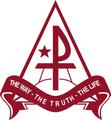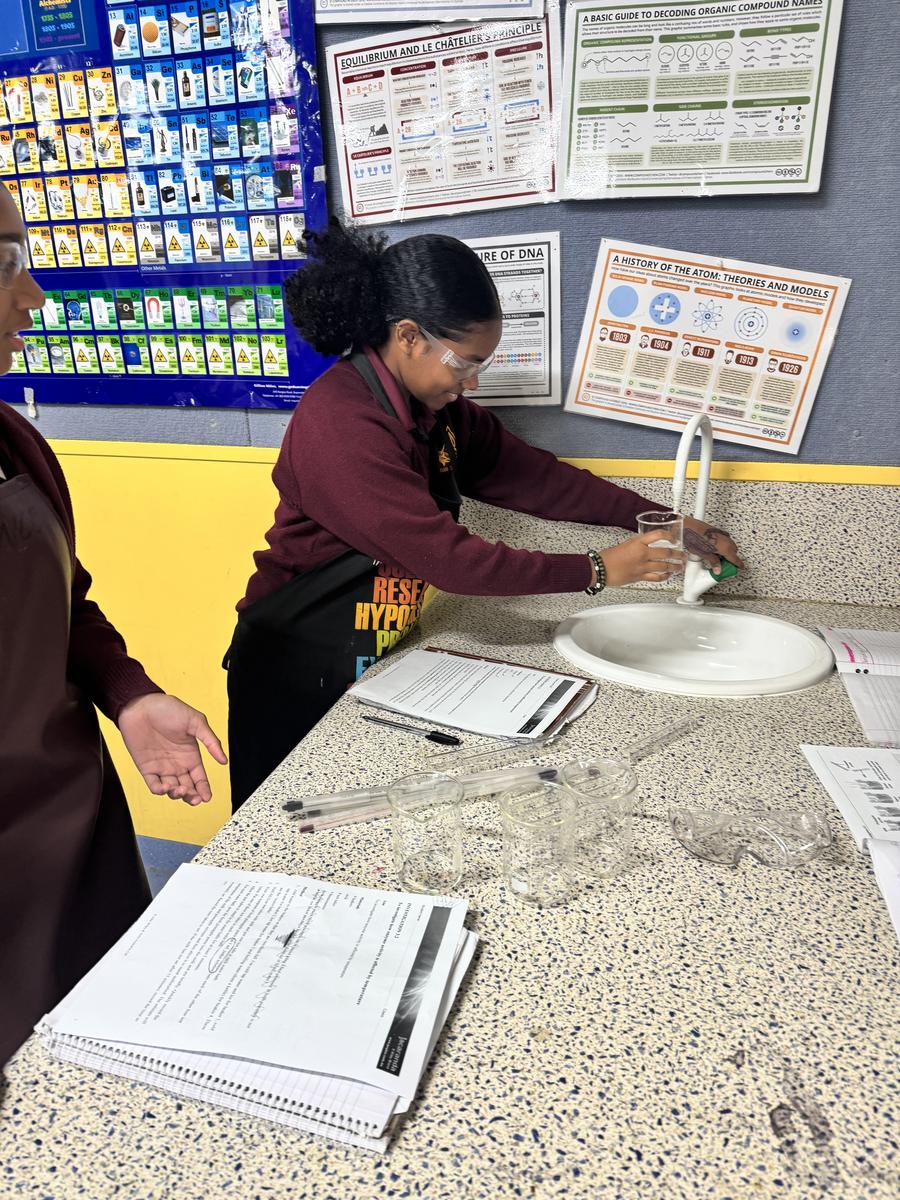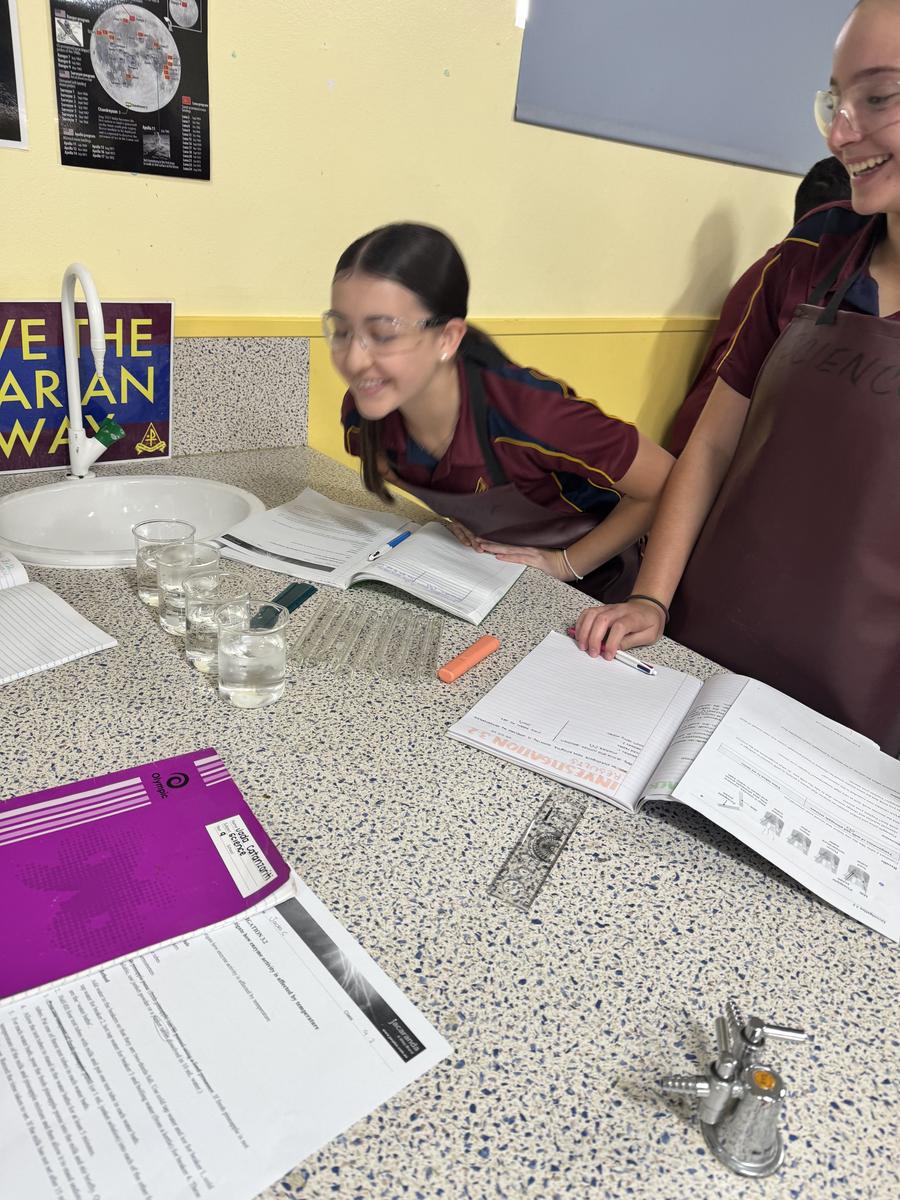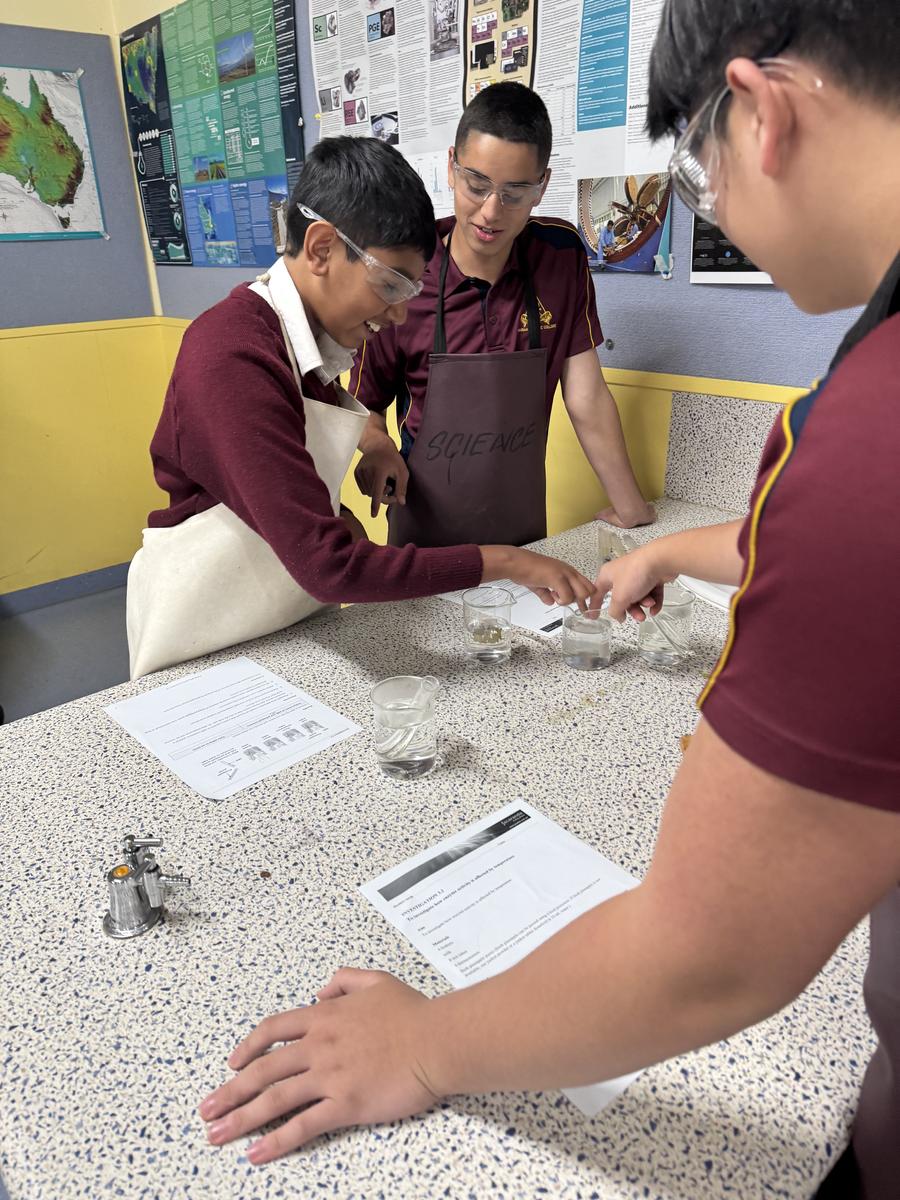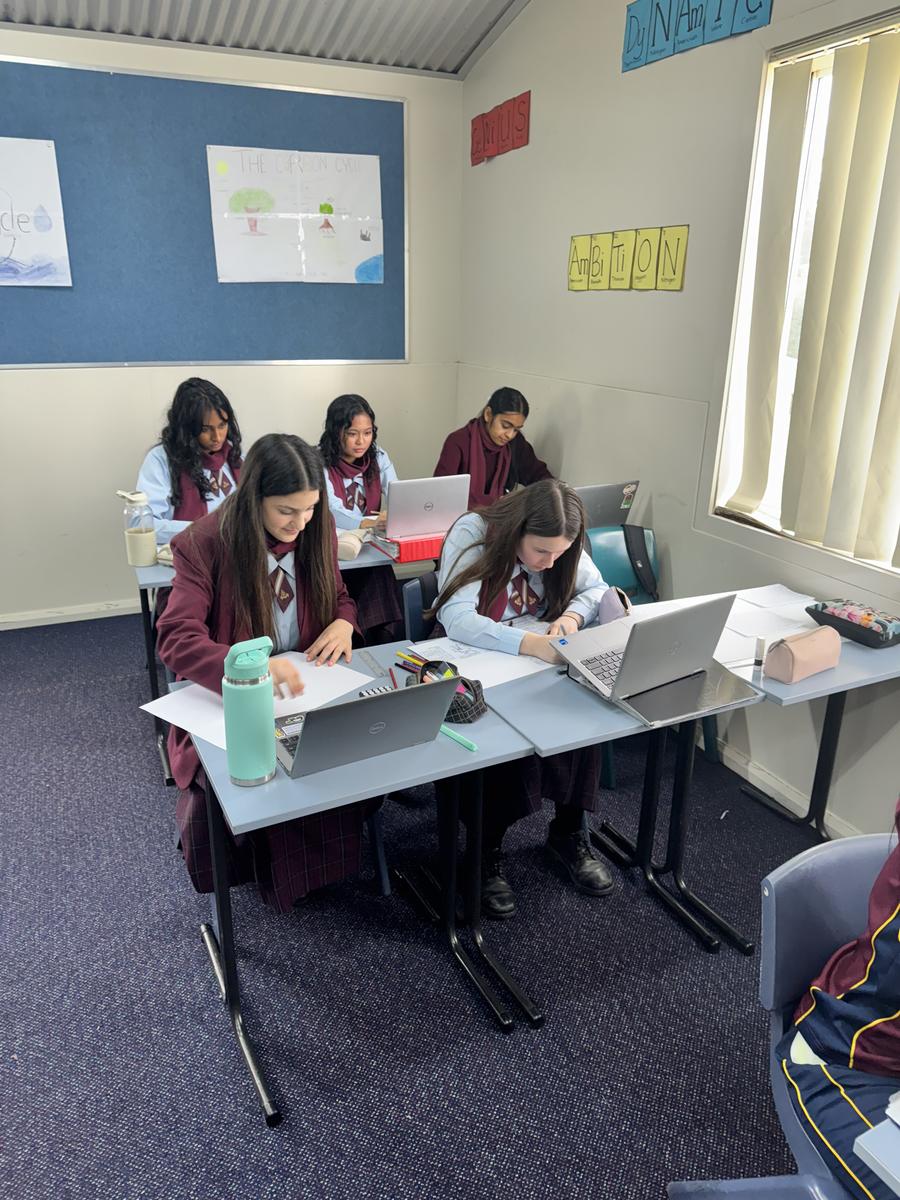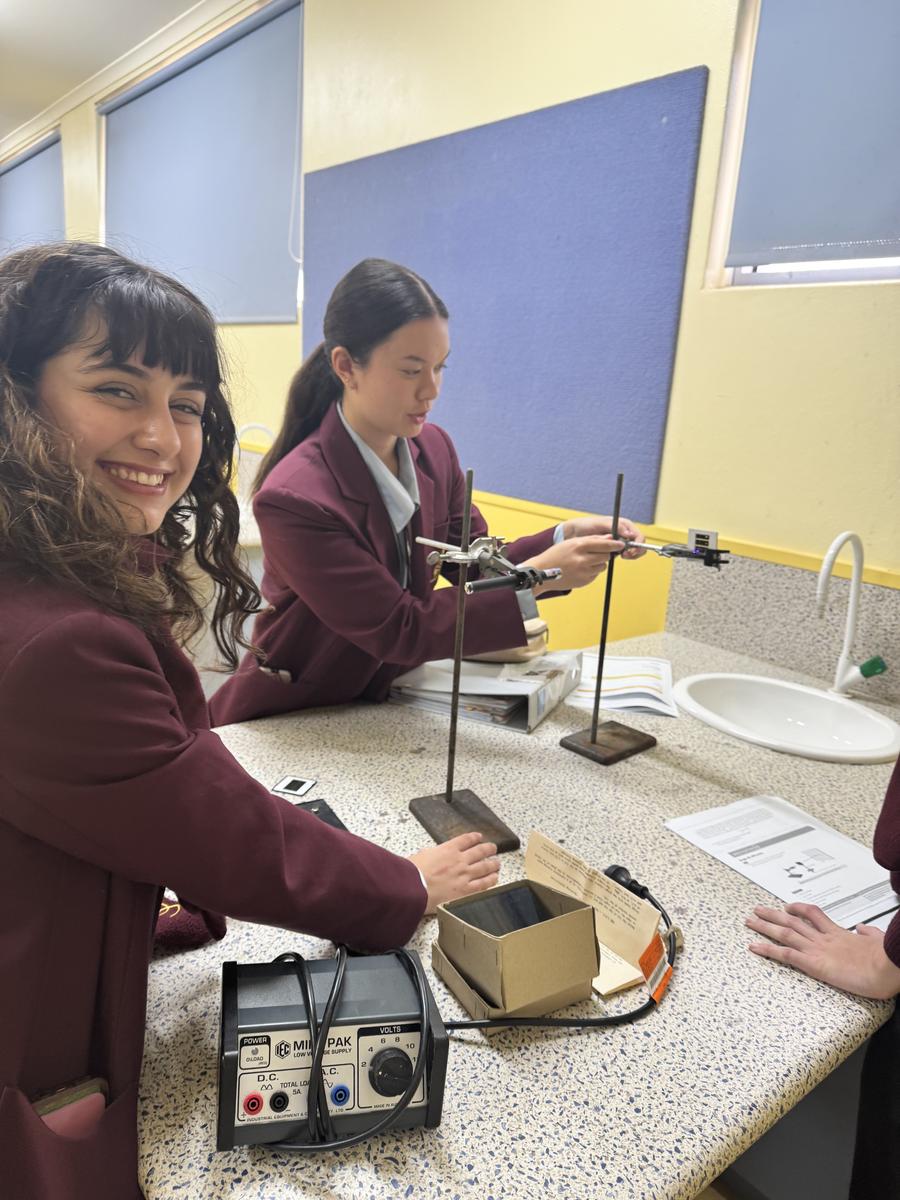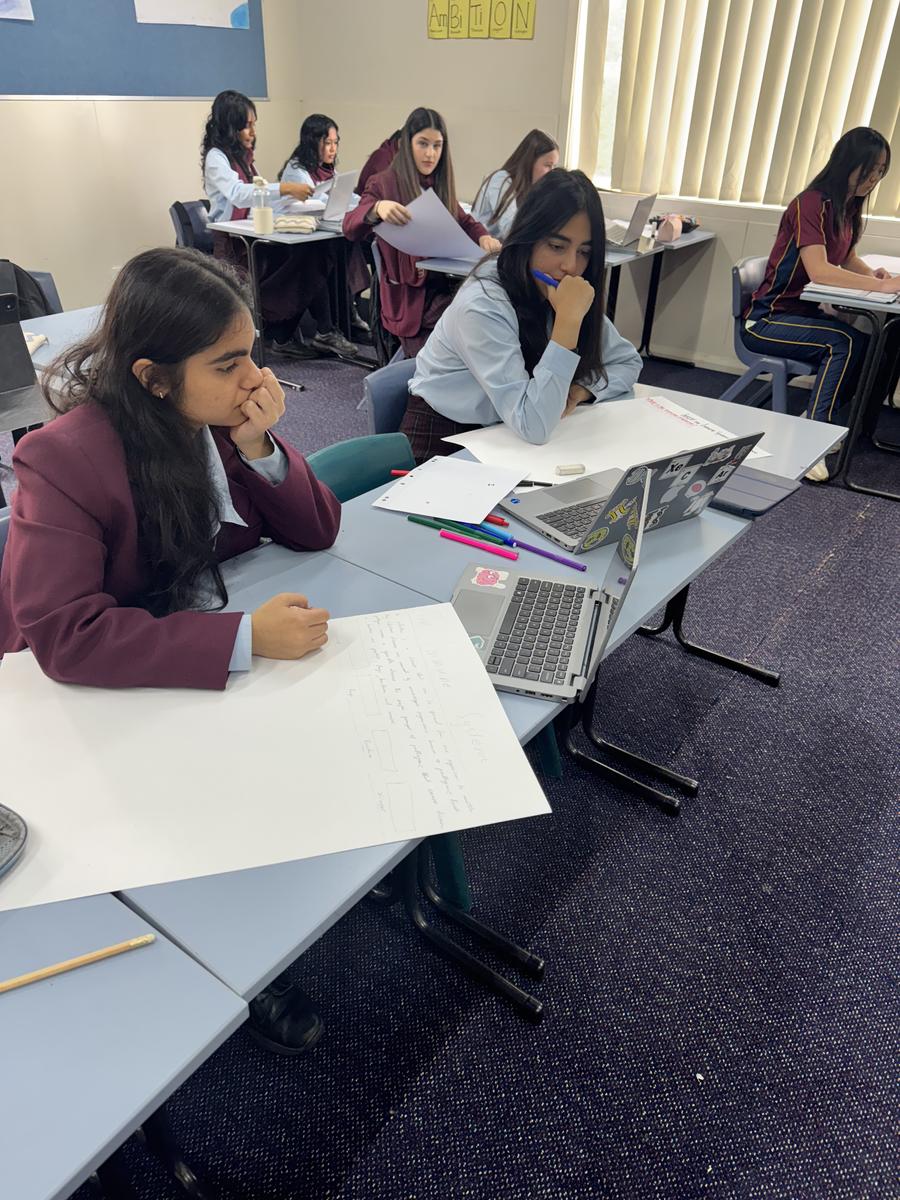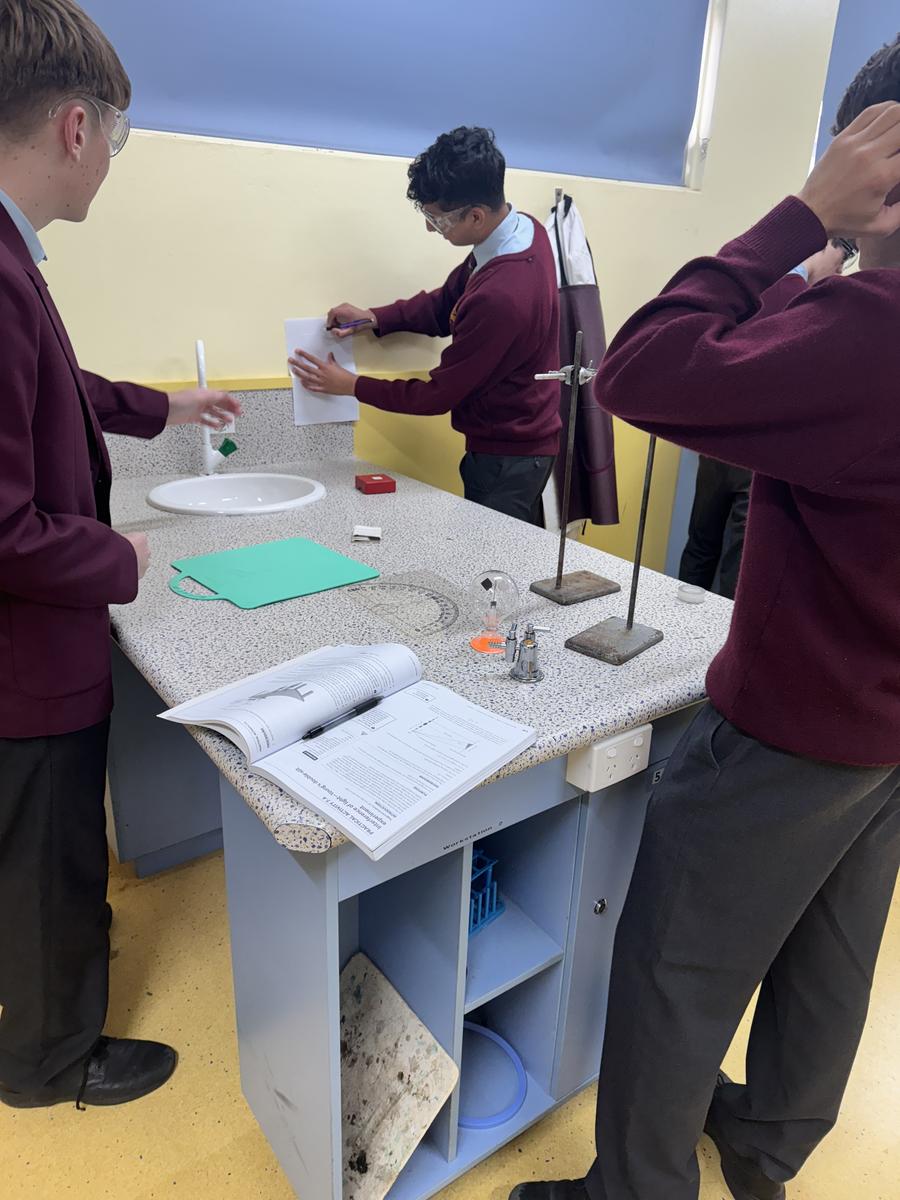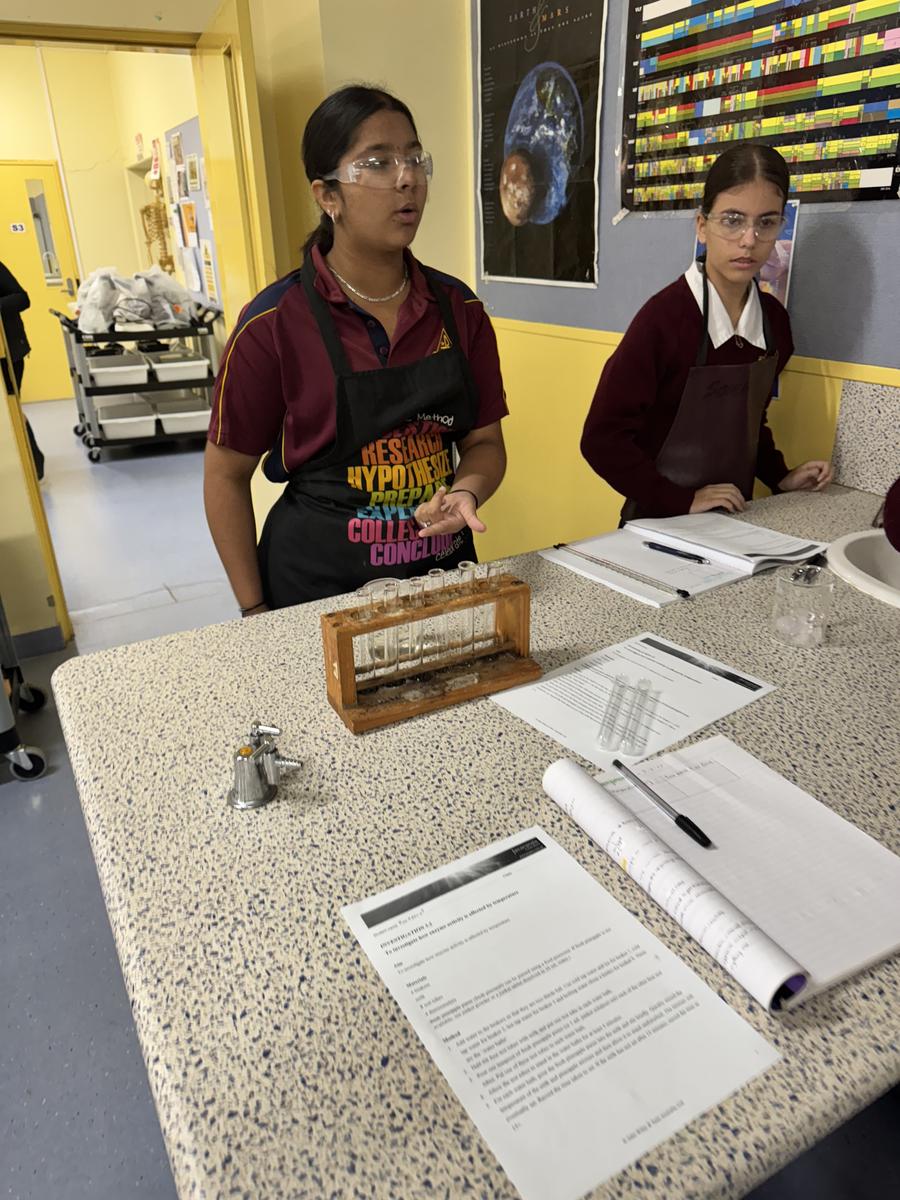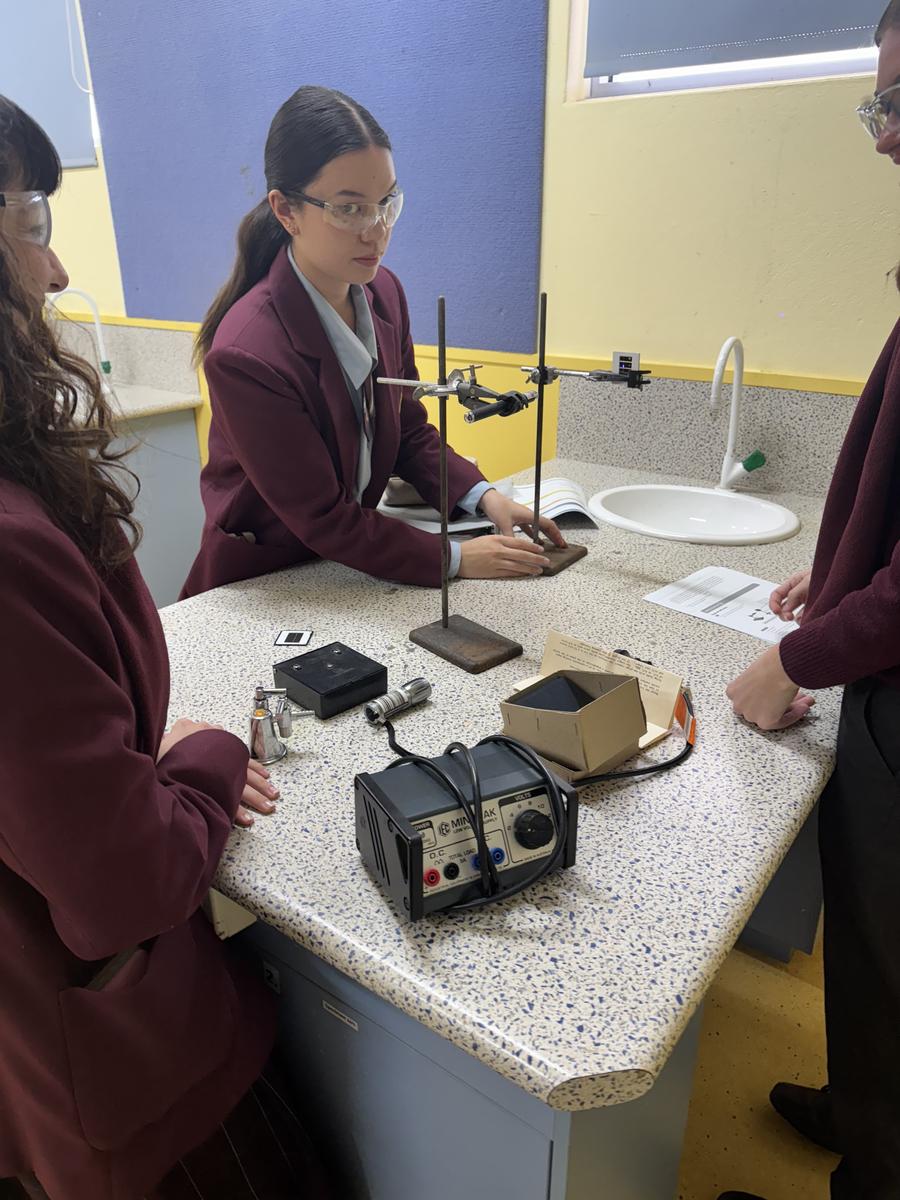Science
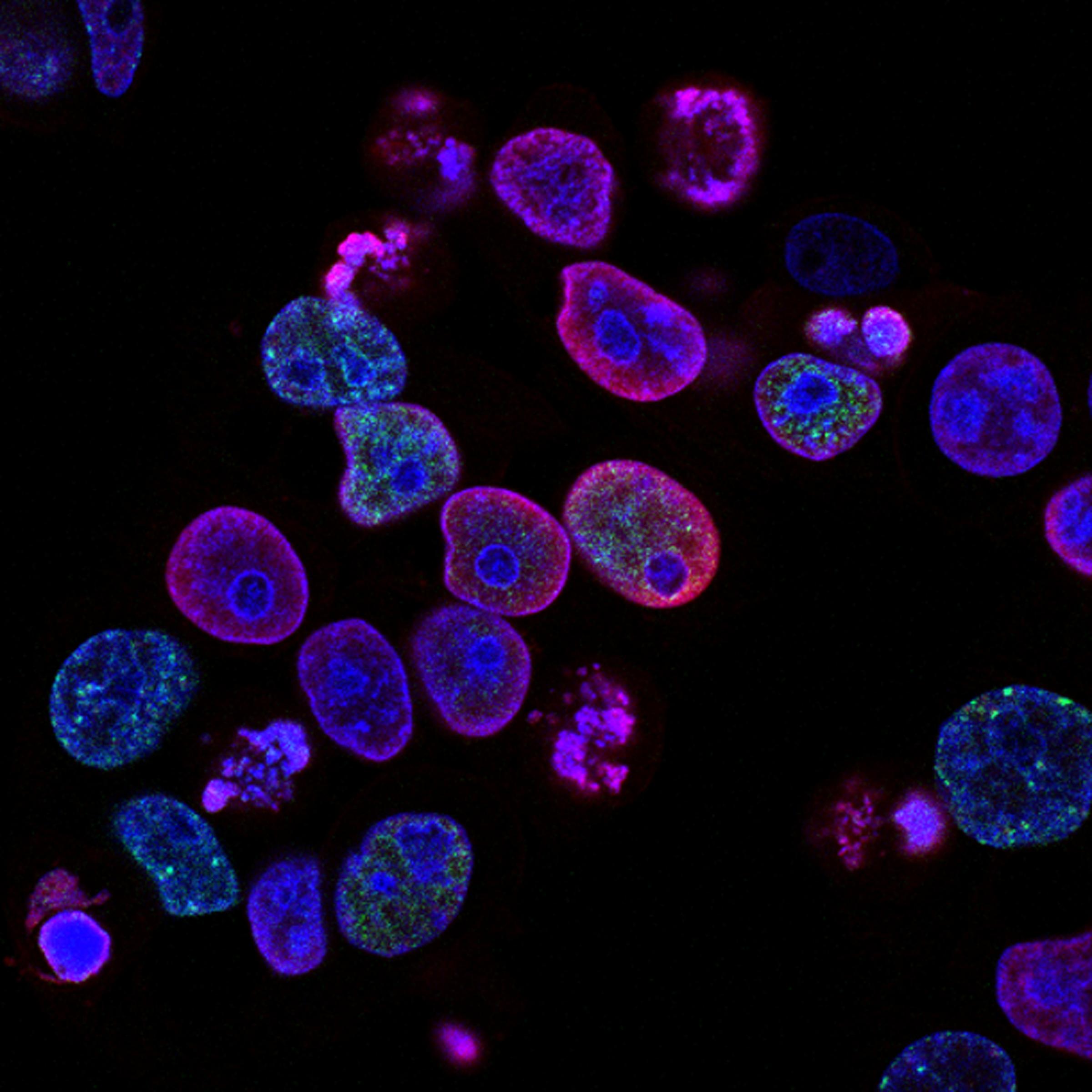
Term 2 has started as a hive of activity. Teachers had a very useful and productive day on the first day of term, developing lessons for the new curriculum for Year 7 and Year 9.
I have been more than happy with the Term 1 units of work, where, while we are delivering the science, we are also making it relevant and current by relating the science to the issues that we as a society are facing.
The year 7 are looking at forces, both the ones that you can see and the ones that you can’t. They will do an assessment on levers which they will be able to see in action all around them. Mrs Fletcher is currently developing the assessment and incorporating some STEM skills. It should be fun and a great learning experience.
The Year 8 are looking at energy, the critical component of everyday living. Sometimes our energy is low and we need to take care of ourselves and rejuvenate. Hopefully, we have all been able to do this over the Easter break.
Year 8 will also focus on Earth’s precious resources and they will write a persuasive text for their assessment arguing the stance they choose to take and using the evidence, data and science to prove their points.
Year 9 is well into their study of Diseases. While we are currently looking at the systems and conditions inside our bodies that keep us healthy, we will look at pathogens and non infectious diseases. This will give our students a much deeper understanding of not only their marvellous and amazing bodies, but also what is needed to keep them safe and healthy.
Year 10 are finishing off their student research projects and will dive into motion. This is another relevant area of study as these students are now looking at getting their driving licence. It also provides a wonderful basis for those students wishing to study Physics next year.
The Year 11 Biology class will visit the fish farm in Bilbul armed with their microscopes to see the organisms that live in water. They will also look at the ecosystem developed for the commercial entity and then the students will get to dissect a fish and have a closer look at the gills and their oxygen and nutrient exchanges.
The Year 11 Chemistry class will do some calculations from a lab experience so that they can compare an experimental yield with a theoretical yield. These skills are essential as a chemist.
The seniors are working hard, thinking ahead to their trials. Starting revision now for the exams is critical so that students don’t leave this to the last minute and become overwhelmed.
Have a lovely autumn weekend. Enjoy the colours and some great meditation weather
Best wishes
Esther Dumbleton ( Science Leader of Learning)
